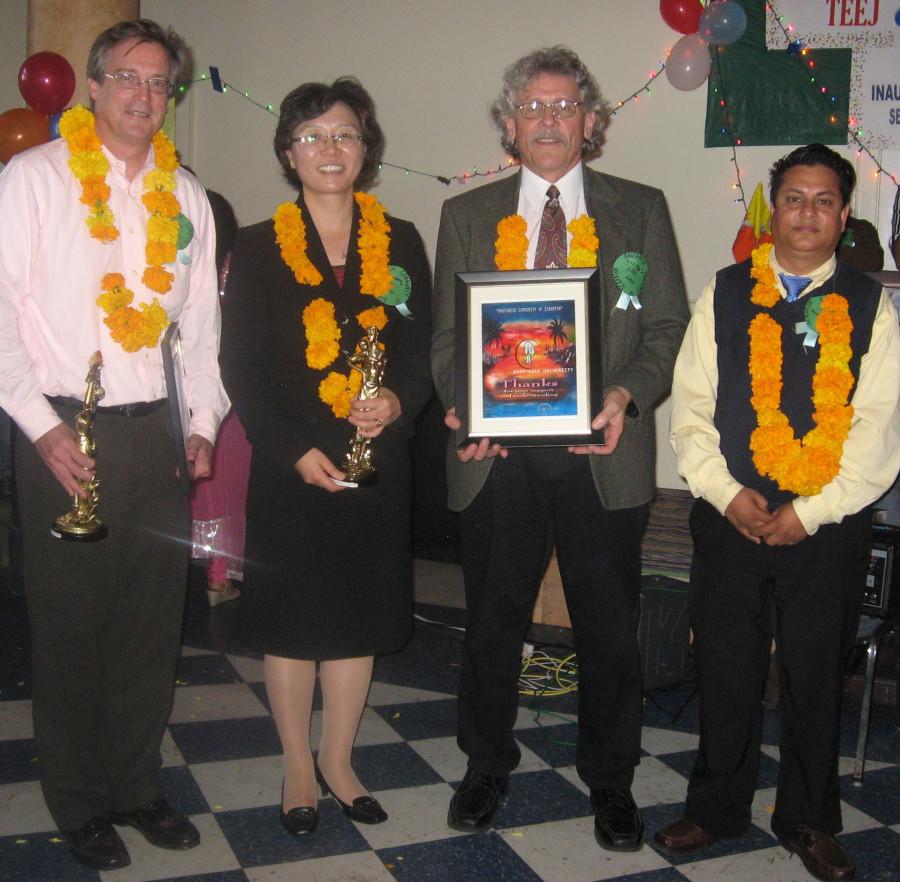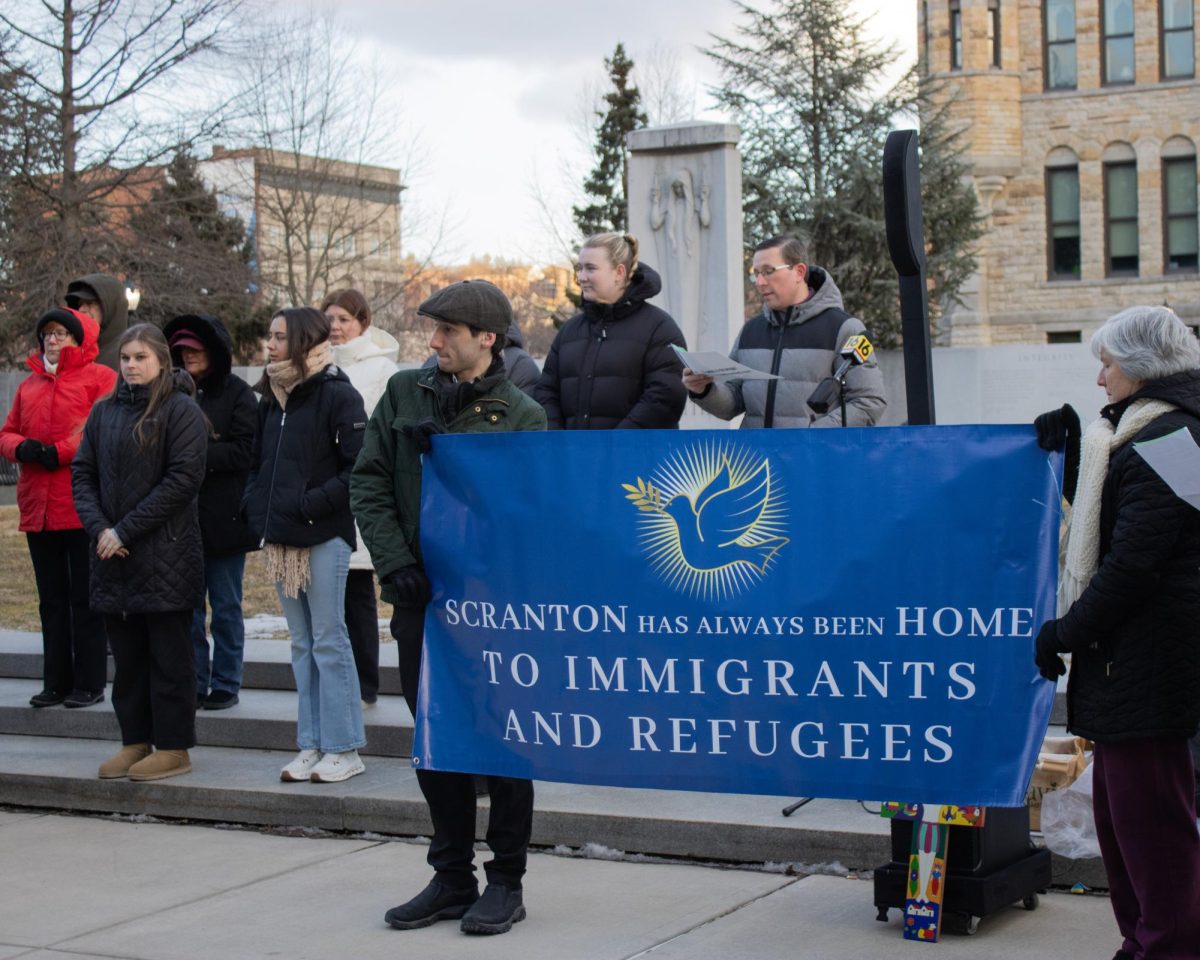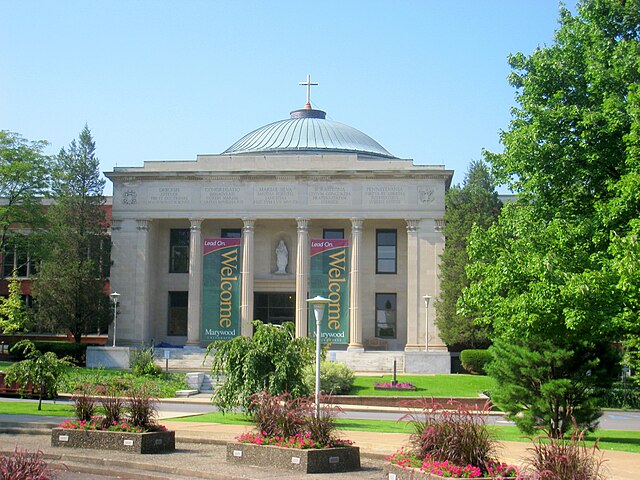A 10-week training course has begun on campus to educate the growing Bhutanese population within Scranton.
According to Catholic Social Services, there are roughly 1,000 Bhutanese individuals currently residing in Scranton.
“[Some]of the big needs [for this population] are healthcare and English as a second language,” said Dr. Stephen Burke, professor of the School of Social Work and Administrative Studies, who helped to organize needs assessment and focus groups so he, along with Marywood Social Services, could find a way to better help these people.
With a grant provided by The Pennsylvania Health Department through Catholic Social Services, the Social Services Department was able to organize a health forum. Roughly 70 Bhutanese families came to learn about health care, nutrition, and dietetics. After the health forum, the Bhutanese people said that they wanted to learn more about the topics discussed, but also about education and cultural integration.
Sister Angela Kim, assistant professor in the School of Social Work and Administrative Studies said that even though the Bhutanese people are relatively new to America they are so inspired to learn everything they can to better themselves. “We realized that’s what they have said. They want leadership training to become leaders; to run their own community,” said Kim.
However, Dr. Diane Haleem, professor of nursing, explained that because the trainees did not speak English as a first language, they faced some challenges that needed to be addressed by using pictures, videos, and interpreters.
Along with these creative alternatives to teaching a non-English-speaking group, Dr. Cuy-Castellanos, assistant professor in nutrition and dietetics, explained that administrators working within the sessions have been using a ‘train the trainer’ model, meaning that the Bhutanese people can then go back to their communities and teach others what they have learned in the sessions. “I want them to feel empowered to teach their own community and give them the basic skills to live healthily in this new environment of theirs.They can then make things culturally relative.”
The courses run every Saturday from 5 p.m.-7 p.m. Kim explained that after the Bhutanese people complete the program they will be given a certificate. While the adults are in the training sessions, their children will be offered a “homework club.” This is beneficial to their education not only now, but also in the future, as they are exposed to a college atmosphere and get to familiarize themselves with the campus.
“We try to teach our students that we are living in an interdependent world and these people are our neighbors,” said Kim, who explained that these sessions correspond well with Marywood’s mission and core values. “These people are refugees; for now, this is their home country. When they became refugees they lost their nationality. Their goal is to become U.S. citizens.”










